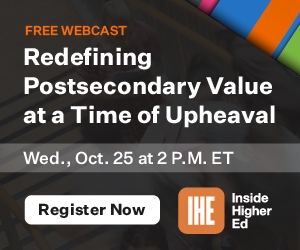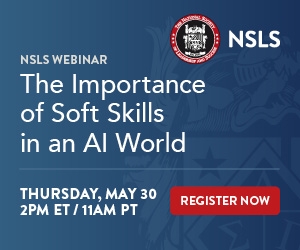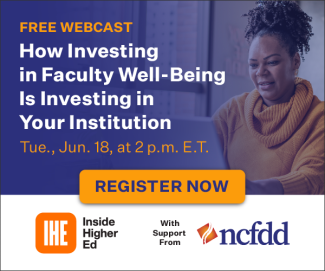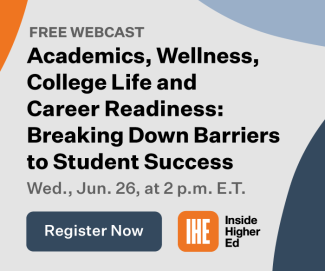Redefining Postsecondary Value at a Time of Upheaval
Examine the perspectives of policy makers, higher ed leaders and the public on the value of postsecondary education.

The underlying benefits of getting an education beyond high school, economic and otherwise, have long been taken for granted.
That began changing in recent years amid sharp increases both in federal spending on higher education, and in individuals’ own investment in their own educations, as well as increased questioning of whether institutions were adequately preparing Americans for life after college – especially students from low-income, first-generation and underrepresented minority backgrounds.
And the COVID-19 pandemic and the economic turmoil it wrought intensified scrutiny of whether traditional institutions and degrees remain the best path to economic mobility for Americans of all backgrounds.
Hear Inside Higher Ed Editor Doug Lederman discuss how policy makers, college and university leaders, and the public view the value of postsecondary education and the work they are doing both to prove that value and to ensure that institutions provide it.
The webcast will cover the following important topics:
- The burgeoning data about the economic payoff of a postsecondary education, as well as early efforts to gauge the non-economic benefits that learners accrue.
- Federal and state initiatives aimed at increasing the transparency around college prices and outcomes to help would-be learners and funders decide which programs and institutions deserve their support.
- The continuing (and in some cases growing) inequity in access to and attainment of high-quality postsecondary educations and credentials.
To get the most out of the webcast, download the free companion booklet.


